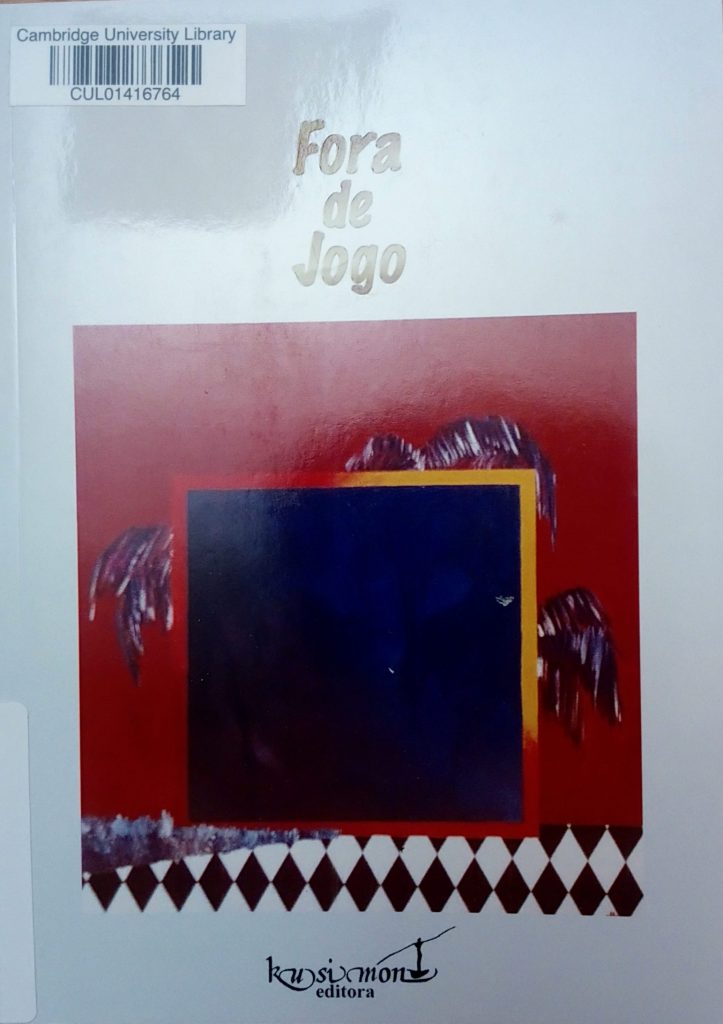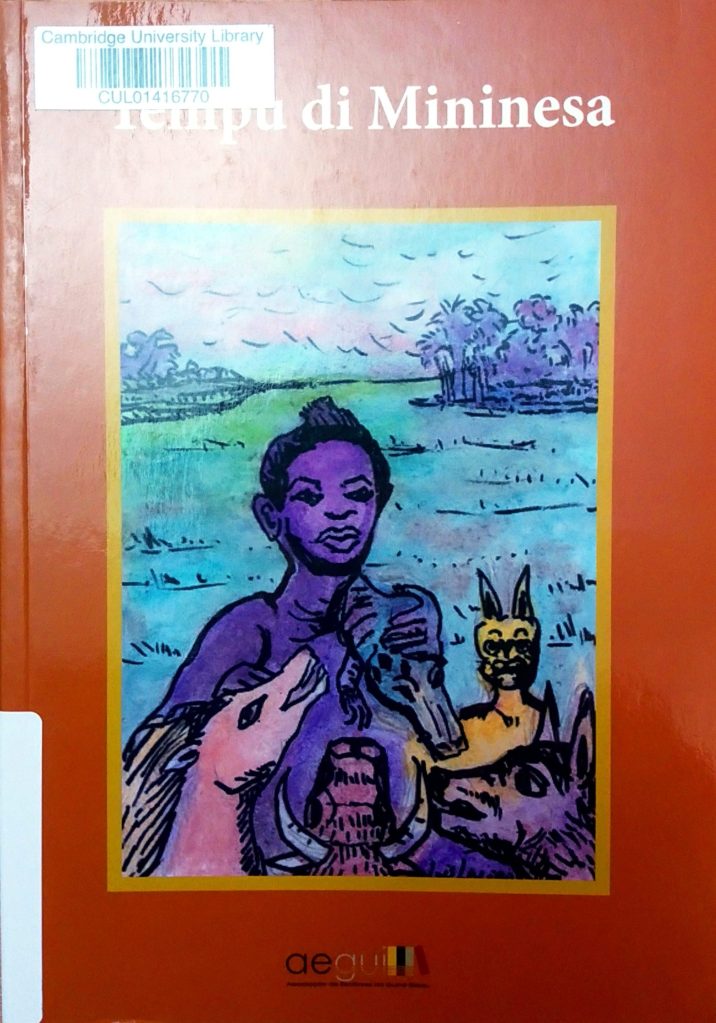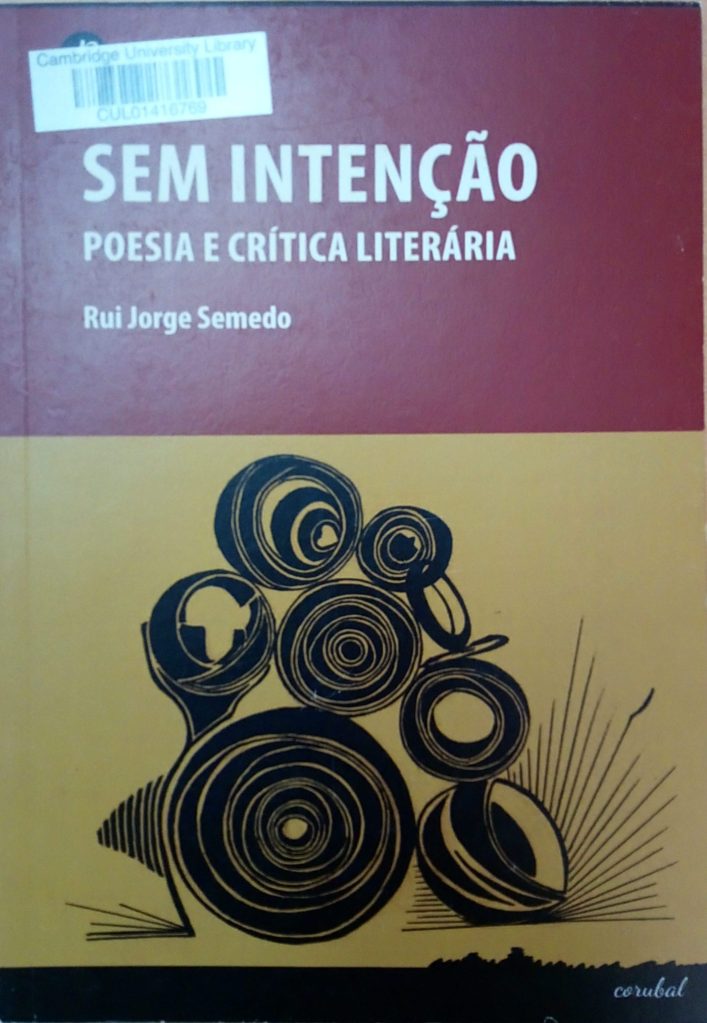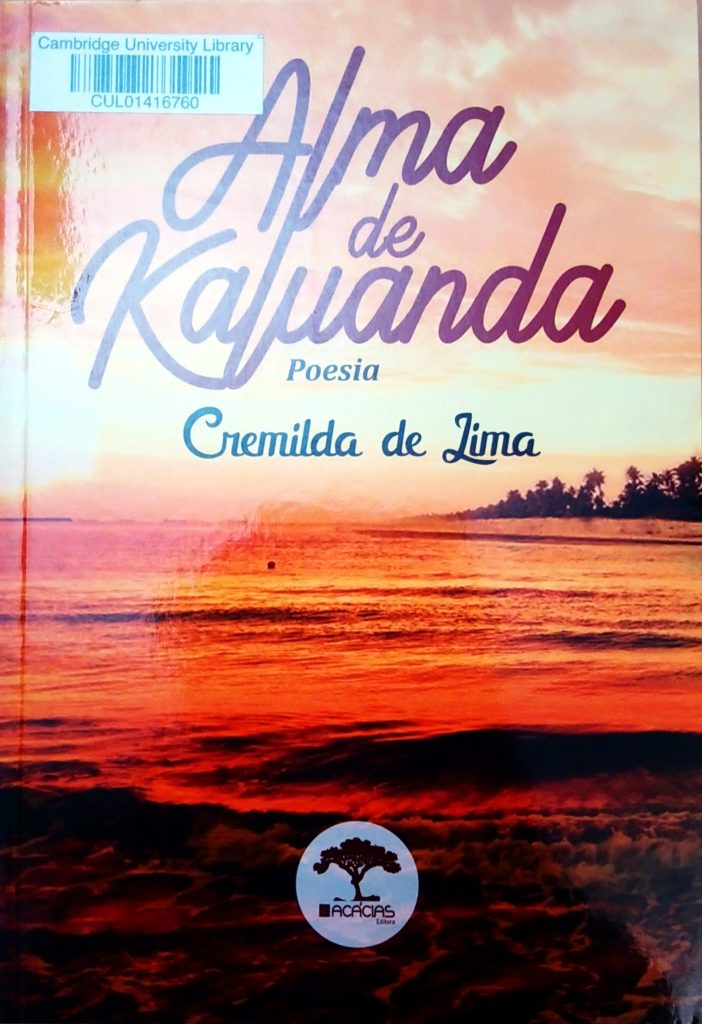I was very pleased when back in early December I was asked to come to the Library for one day to help with the processing of newly arrived print books and reader requests. Going back to our beloved UL meant catching up with a few colleagues (from a distance) and also remembering how very satisfactory it is to deal with physical books from a sensory perspective. Touching many diverse books is definitely something I was missing, as my colleague felt too. I also remembered a comment by another -former- colleague: she thought books coming from some of the countries we deal with had distinctive smells.
That day back in the Library I could not distinguish any particular smell other than paper of varying ages, but I was certainly very happy to see books from Portuguese-speaking Africa arriving to enrich our collections. In the gallery below you will see some covers that illustrate a range of literary works published in Angola and Guinea-Bissau. Some of them are poetry works, like Sem intenção, by Rui Jorge Semedo (Guinea-Bissau), Borboleta dos meus vagares, by Denise Kangandala (Angola) and Alma de kaluanda, by Cremilda de Lima (Angola). Others are collections of short stories like O homem que plantava aves, by Gociante Patissa (Angola) and Fora de Jogo (Guinea-Bissau), or collections of folk tales like Tempu di Mininesa (Guinea-Bissau), edited and translated by Teresa Montenegro and Carlos de Morais.
The book that caught my attention however was Os meus três amores: o diário de Carmen Maria de Araújo Pereira.
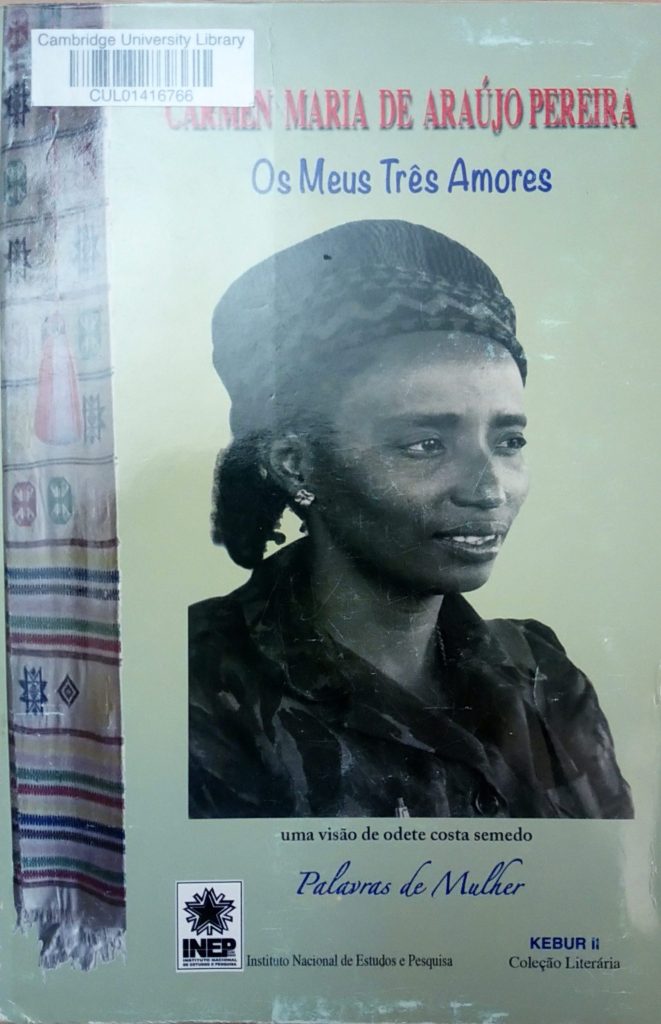
Carmen Pereira became the first African female president when she led Guinea-Bissau for three days in 1984. Since 1962, she had been a member of the PAIGC (Partido Africano para a Independência da Guiné e Cabo Verde) and participated actively in the movements that sought independence of these West African countries from Portugal. By 1966, Carmen Pereira was leading women in an armed and doubly revolutionary struggle, that of independence and gender-equality in the context of a very sexist society. Meanwhile, her political role in the country also developed and she became a representative at the Pan African Women’s Organisation. She was persecuted for her activities and later had to go into exile in Angola and the Soviet Union, where she studied medicine. On her return, from 1975, she was Chair of the National Assembly and also Minister of Health and Social Affairs. In 1984, as president of the National Assembly, she became Guinea-Bissau’s Acting Prime Minister until a new constitution was approved. She held other institutional roles until 1992 and died in 2016.
This autobiographical book was published shortly after her death and was edited by Odete Costa Semedo, an eminent Bissau-Guinean poet and member of the PAIGC. It includes her diaries, interviews and family images and it gives a clear testament to what it meant to be a woman, a revolutionary and a mother during crucial times in Guinea-Bissau’s history.
Clara Panozzo
Further reading:
Rothwell, P., “Carmen Pereira’s Os meus três amores: the voice of militant motherhood in Guinea-Bissau“. In Journal of Romance Studies, Volume 19, Issue: 3, Pages: 511-525.



